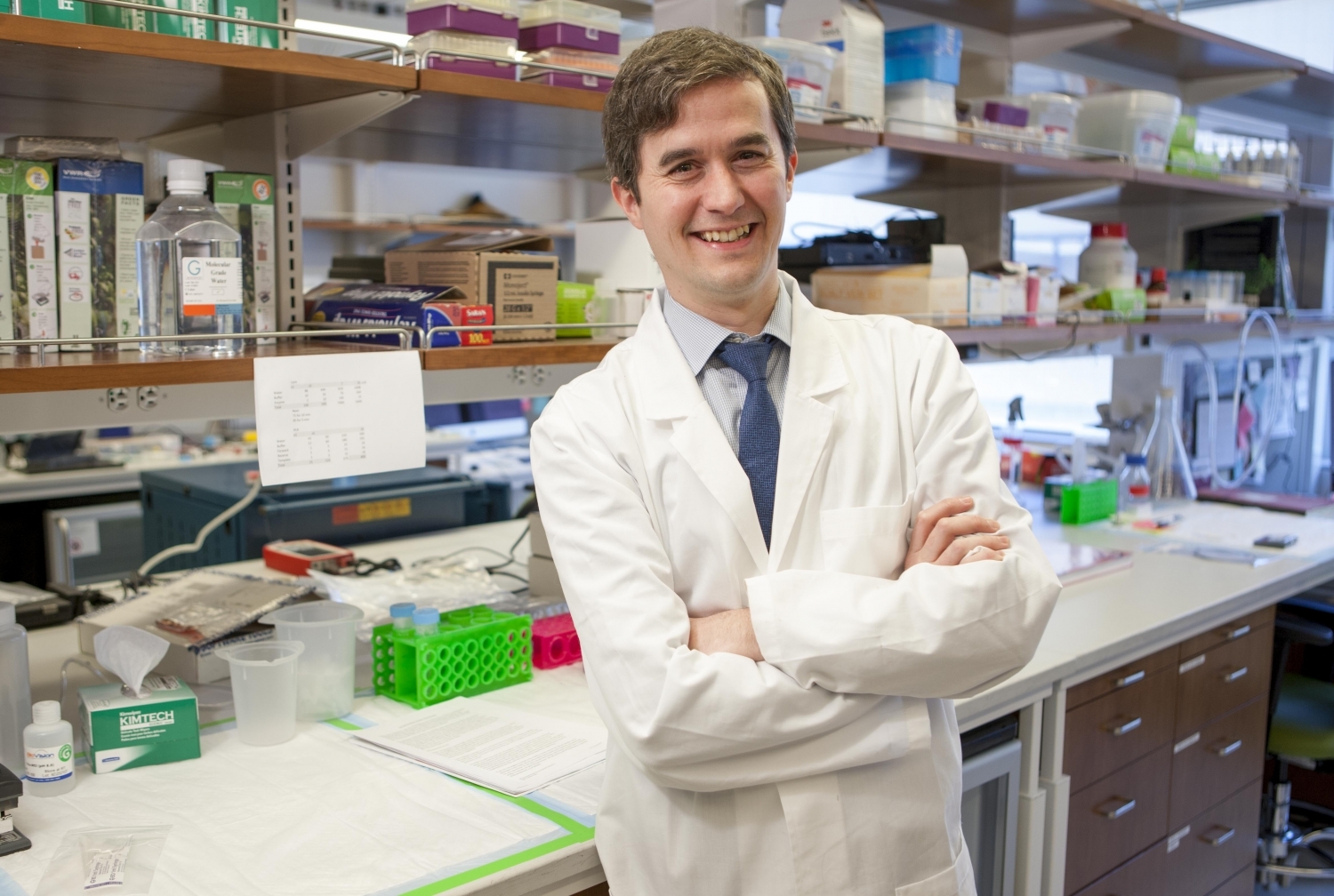A three-year contract from Wellcome Leap will allow a team of investigators from Weill Cornell Medicine, Stanford Medicine and UC San Diego School of Medicine to study new ways to combat depression and create models that can predict which treatment is likely to work for individual patients.
“The purpose of this project is to develop new approaches to treating depression that work more effectively and in a more personalized way,” said principal investigator Dr. Conor Liston, an associate professor of psychiatry and neuroscience in the Feil Family Brain and Mind Research Institute at Weill Cornell Medicine, and a psychiatrist at NewYork-Presbyterian/Weill Cornell Medical Center. “This is one of the central goals of work in my lab, so this is a really great opportunity to advance our efforts in this area.”
The contract is part of a $50 million Wellcome Leap program called “Multi-Channel Psych: Revealing Mechanisms of Anhedonia." The initiative aims to accelerate new treatment options for depression, which affects an estimated 264 million people worldwide.
Depression is a complex biological illness that has traditionally been treated with drug therapies that target mechanisms in the brain. But a significant number of patients don’t respond well to antidepressant treatment or they must try several different drugs before identifying one that is effective, Dr. Liston said.
The research team, which is co-led by Dr. Nolan Williams, assistant professor of psychiatry and behavioral sciences at the Stanford University School of Medicine, and Dr. Jeff Daskalakis, chair of the Department of Psychiatry at UC San Diego School of Medicine, will focus on the use of Transcranial Magnetic Stimulation (TMS). The U.S. Food and Drug Administration-approved therapy, a noninvasive procedure, involves sending a sequence of magnetic pulses to certain regions of the brain, where it stimulates nerve cells. After repeated sessions over the course of weeks and months, a patient’s mood improves.
“Many, many people might stand to benefit from TMS and very few people are being treated with it,” Dr. Liston said.
TMS is typically reserved for patients with treatment-resistant depression, meaning depressed patients who have tried at least one or two antidepressant medications or psychotherapy and found them to be ineffective, Dr. Liston said. “TMS requires patients to come to the clinic daily, and medications do not,” he said. “So for many people, medications are a good first treatment to try, but TMS is a great option for people who do not respond to medications.”
Patients across the three study sites will receive various treatments that include a combination of the antidepressant escitalopram, known by its brand name Lexapro, and different types of TMS. Escitalopram is one of the most commonly used first-line treatment for depression and representative of the larger class of selective serotonin reuptake inhibitors (SSRIs) that are first-line treatments for most patients.
How patients respond will be evaluated through clinical assessments and brain scans with the ultimate goal of developing algorithms that can match individual patients with personalized treatment plans.
“Depression is not a singular condition, and there is no singular remedy,” Dr. Daskalakis said.
“Personalized strategies for treatment are important because they would enable physicians to match treatments to the individual patients who are most likely to benefit from them,” Dr. Liston said, “and hopefully achieve faster, more effective outcomes.”

